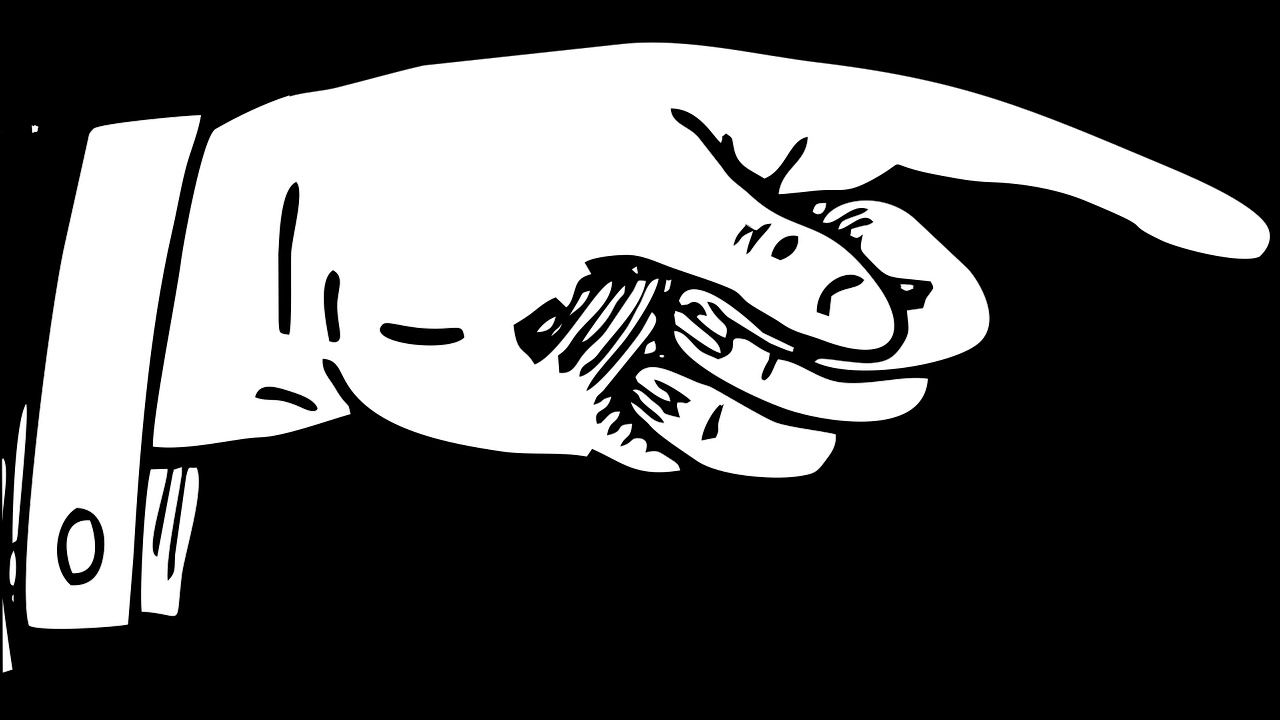If you listen to mainstream punditry and government spinmeisters, you'll hear all kinds of reasons for inflation.
It was supply chain issues! It's because Putin invaded Ukraine! It's Trump's fault!
Recently, the "corporate greed is causing inflation" mantra has come back into vogue.
A meme circulating on social media highlights "record corporate profits." It then proclaims, "Corporate profits are driving inflation."
This raises a question: why did corporations suddenly get greedy? What kept them from being greedy before? Where was all that corporate greed when the Federal Reserve spent about a decade fretting about inflation running "too low?"
Think about it; if the corporate greed theory held any water, we'd have constant hyperinflation.
So, maybe something else is going on here.
Of course, the corporate greed explanation sounds good. It appeals to people's general disdain for corporate America. But it's a dangerous theory that obscures the real source of price inflation.
Government.
Economist Milton Friedman hit the nail on the head.
“Inflation is always and everywhere a monetary phenomenon.”
There's something you will never hear on CNBC or from a White House spokesperson.
A big part of the problem is that the powers that be have managed to redefine inflation so it obscures government's culpability.
When government officials and pundits on TV talk about “inflation,” they almost always mean price inflation -- rising prices. This is what the CPI attempts to measure. When you hear Federal Reserve Chairman Jerome Powell or some other government official talk about inflation they’re simply saying prices are going up (more than 2 percent per year).
But historically, inflation didn’t mean “rising prices.” Inflation was defined more precisely as an increase in the amount of money and credit in the economy, or more succinctly, an expansion in the money supply.
Rising prices are one of the symptoms of monetary inflation. If you have more dollars chasing the same amount of goods and services, you will see a general rise in prices. Monetary inflation causes price inflation. They are two different things.
Do you see the sleight of hand?
Over the years, government officials, along with their apologists in the mainstream financial media and academia, intentionally shifted the definition of inflation to suit government purposes. The standard definition of inflation you hear during White House press conferences or a CNBC roundtable is basically just government propaganda that keeps you from realizing that it's all the government and central bank's fault.
Economist Ludwig von Mises explained it this way.
People today use the term `inflation' to refer to the phenomenon that is an inevitable consequence of inflation, that is the tendency of all prices and wage rates to rise.
The result of this deplorable confusion is that there is no term left to signify the cause of this rise in prices and wages. There is no longer any word available to signify the phenomenon that has been, up to now, called inflation… As you cannot talk about something that has no name, you cannot fight it.
Those who pretend to fight inflation are in fact only fighting what is the inevitable consequence of inflation, rising prices. Their ventures are doomed to failure because they do not attack the root of the evil. They try to keep prices low while firmly committed to a policy of increasing the quantity of money that must necessarily make them soar.
As long as this terminological confusion is not entirely wiped out, there cannot be any question of stopping inflation.
Since most people think inflation just means prices are going up, they believe all kinds of things cause it, from corporate greed to Putin's price hikes.
This lets the real culprit off the hook.
Stop and think about it for a moment. If price inflation is caused by an expansion of the money supply - who expands the money supply?
It's not the CEO of Walmart or the president of Exxon-Mobil.
It's the Federal Reserve.
The government has a role as well. Borrowing and spending also drive price inflation. So yes, Bidenomics with its massive budget deficits has a role in all this. (And so did Donald Trump's deficit spending.)
The federal government takes the newly created money and hands it out. We saw this dynamic at its extreme during the pandemic when governments shut down the economy. That contracted the supply of goods and services. In the meantime, the Fed printed money nearly $5 trillion and the federal government passed a lot of it out in the form of stimulus. You had more dollars chasing fewer goods and services. The inflation we’re experiencing today was entirely predictable.
The truth is the federal government needs inflation. It depends on Federal Reserve money printing to support its borrow and spend budgeting strategy. Without the Fed’s inflationary activity, the government couldn’t finance its out-of-control spending habit. But politicians and their lackeys in the media don’t want you to know that they are levying an inflation tax, so they perpetuate all kinds of myths about inflation to try to make you feel better about it.
The average person is particularly susceptible to the greedy corporation myth because of the general distrust of big corporations.
The irony is corporate profits don't drive inflation. Inflation pumps up corporate profits. Remember, monetary inflation produces a general rise in prices. The price of everything goes up, not just consumer prices. Real estate prices go up. Stock prices go up. And corporate profits go up in dollar terms. But when adjusted for the effect of price inflation, corporate profits aren't nearly as robust as they seem. It's kind of like your paycheck. It's bigger, but it doesn't buy as much.
When you hear that corporate greed is causing inflation, remember who is really to blame - the government and its central bank. People who tell you otherwise are ignorant or lying.

About the Author:
Mike Maharrey is a journalist and market analyst for MoneyMetals.com with over a decade of experience in precious metals. He holds a BS in accounting from the University of Kentucky and a BA in journalism from the University of South Florida.





